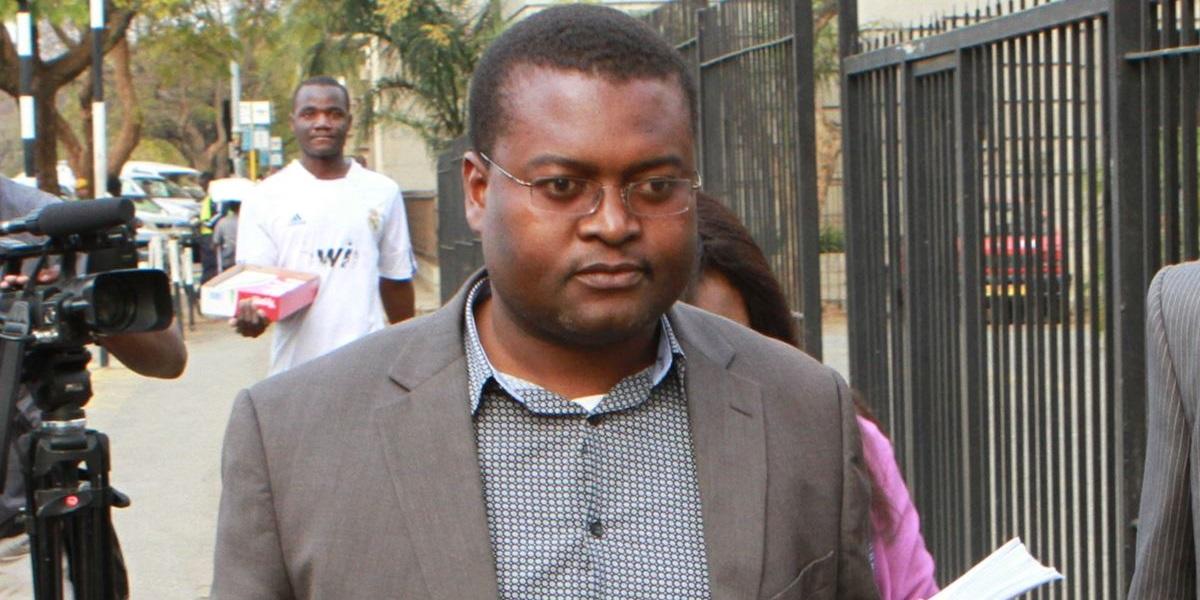Africa-Press – Zimbabwe. Alex Tawanda Magaisa has said Zimbabwe has so far failed to deal with the issue of monopoly on political power because “power-broking institutions” are failing to play their role as required by the Constitution.
Magaisa who is a former Chief of Staff in the Office of the late former Prime Minister of Zimbabwe, Morgan Tsvangirai, says the case is different in neighbouring Zambia and Malawi.
He writes when Zambia’s opposition leader, Hakainde Hichilema defeated President Edgar Lungu in Zambia’s elections held on the 12th of August while Lazarus Chakwera who belonged to an opposition party won the presidential elections in Malawi in 2019.
Magaisa who is also a law lecturer in the United Kingdom attributes the political developments in Zambia and Malawi to principles of democracy implemented in those countries in the 1990s. He said:
Zambia and Malawi had good precedents that were set in the first multi-party democratic elections in the 1990s when both Kenneth Kaunda and Kamuzu Banda lost and gave way to their younger challengers. That set the tone for the future. Since then, both countries have managed to go through peaceful transitions of power from the ruling party to the winning opposition. An ordinary Zimbabwean has never seen a peaceful transfer of power since independence while his Zambian and Malawian counterpart is now used to it. Their democracies are maturing while Zimbabwe’s has suffered stunted growth.
Zimbabwe can get there too but only if the power-broking institutions play their role as required by the Constitution. The most key among these institutions in Zimbabwe’s context is the military. The relationship between the military and the party-government is one crucial element that distinguishes Zimbabwe from its neighbours.
He said the armed struggle created a strong bond between political and military units and that setup continued in the post-independence era where there is no clear line amongst the ruling party, state and military.
Magaisa believes that the relationship between Zanu PF and the military resulted in failure to transfer power from the ruling party to opposition MDC in 2008 and remains an obstacle to this day.
In 2008, President Mugabe lost to Morgan Tsvangirai in the 29 March election but the Zimbabwe Electoral Commission said he had not attained the requisite 50+1 per cent of total votes thereby prompting a runoff election that was preceded by state-sponsored violence.
Magaisa believes the success of UNDP, the party led by Hakainde Hichilema, will be a great inspiration to other people struggling for political change and transformation in their countries.
More: Alex Tawanda Magaisa Big Saturday Read






